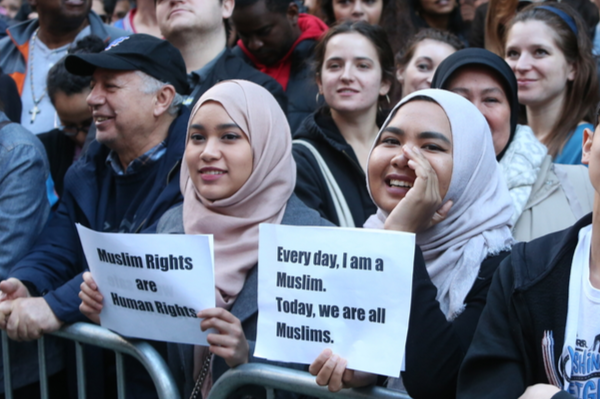Jan 21, 2021
For Muslim religious and political leaders, President Joe Biden’s inauguration ends the “nightmare” of the Trump administration; nevertheless, Muslim leaders remained cautious in expressing optimism about the Biden administration’s promises.
Read the Full Article

Already a subscriber? Login
